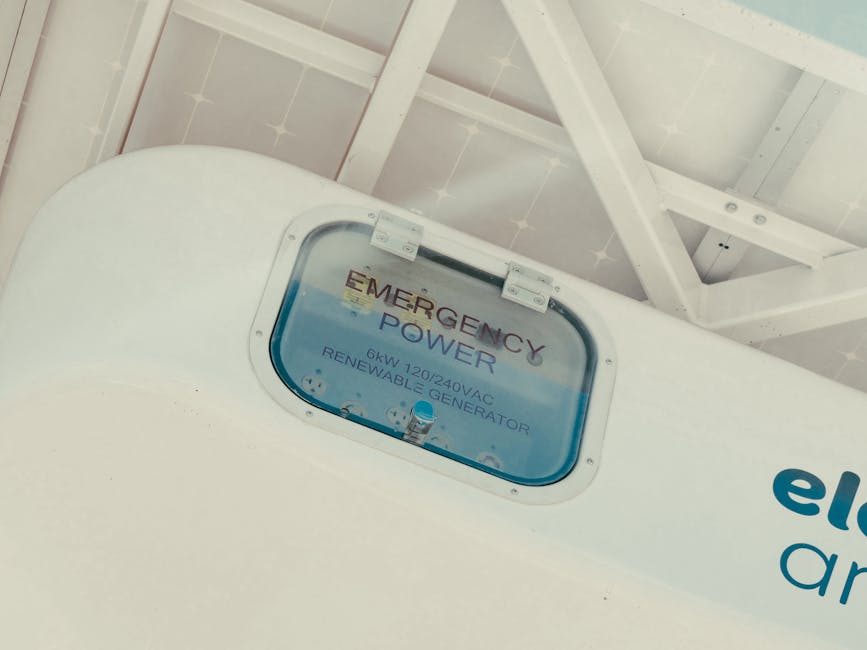Nissan’s Solar Panel System for Sakura EV: Boosting Range & Sustainability
Nissan has introduced an innovative solar panel system for its popular Sakura electric vehicle (EV), enhancing efficiency and supporting greener urban mobility. As India pushes for wider EV adoption, could this solar-powered feature become a game-changer? Here’s what you need to know.
How Nissan’s Solar-Powered Sakura Works
The Sakura, Japan’s top-selling kei car, now comes with a sleek solar roof that supplements its main battery. Unlike basic solar setups that only power auxiliary systems, Nissan’s design feeds energy directly into the battery pack, potentially adding 5–10 km of range per day in optimal sunlight.
For urban commuters in India—where daily drives typically cover 30–50 km—this could mean fewer charging stops and lower electricity costs.
Why This Solar EV Matters for India
India’s EV market is expanding, but range anxiety and charging infrastructure gaps remain concerns. Nissan’s solar Sakura could help by:
- ✅ Reducing reliance on charging stations – Solar top-ups ease pressure on India’s growing but uneven charging network.
- ✅ Lowering ownership costs – Free solar energy cuts electricity expenses, making EVs more affordable long-term.
- ✅ Supporting sustainability goals – Less grid dependency means a smaller carbon footprint, aligning with India’s net-zero targets.
Will the Solar Sakura Launch in India?
Currently, the Sakura is only sold in Japan, but its success hints at possible expansion. Renault (Nissan’s sister brand) already offers the Kwid EV in some markets, and a solar-equipped Sakura could fit India’s budget EV segment—if priced around ₹8–10 lakh.
Challenges? India’s heat and dust could impact solar efficiency, and the tiny kei car design may not suit larger families. Still, it could compete with the Tata Tiago EV and MG Comet if launched.
The Future of Solar-Powered EVs
Nissan isn’t alone—companies like Lightyear and Hyundai are also testing solar EVs—but its focus on affordability sets it apart. If successful, this tech could push more automakers to adopt solar solutions, speeding up the shift to green mobility.
For India, solar EVs could pair well with rooftop solar initiatives, creating a cleaner energy-transport ecosystem.
Final Verdict: A Bright Idea for Urban EVs?
Nissan’s solar Sakura is a smart blend of eco-friendliness and practicality. While its India debut is uncertain, the concept holds promise for a market eager for sustainable, cost-effective transport.
Would you buy a solar-powered EV? Share your thoughts!




